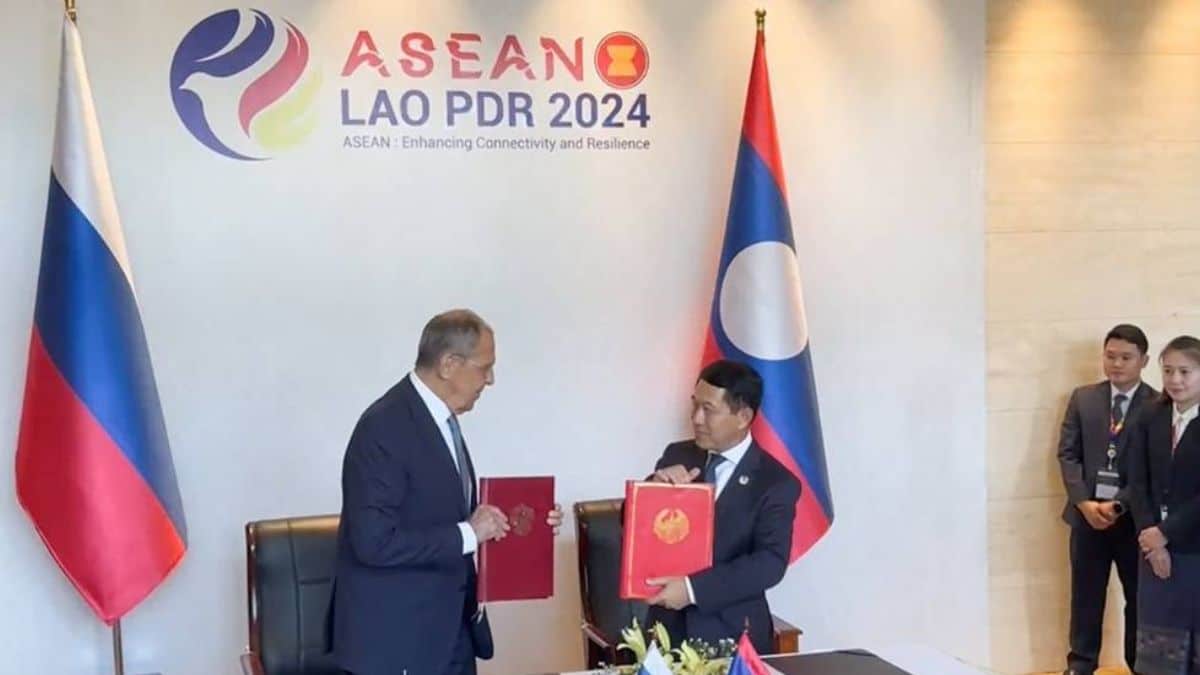Russian Foreign Minister Sergey Lavrov and Laotian Deputy Prime Minister and Foreign Minister Saleumxay Kommasith signed an intergovernmental agreement aimed at strengthening cooperation in the field of information and communication technology (ICT) security.
The agreement, signed during a high-profile meeting in Moscow, underscores the growing strategic partnership between Russia and Laos. The accord aims to enhance mutual capabilities in countering cyber threats, safeguarding digital infrastructures, and promoting secure information exchanges between the two nations.
“This agreement marks a pivotal step in strengthening our bilateral relations and ensuring the security of our information and communication technologies,” Lavrov stated at the signing ceremony. He highlighted the increasing importance of cybersecurity in the contemporary geopolitical landscape and underscored Russia’s commitment to supporting its allies in building robust digital defences.
Kommasith echoed Lavrov’s sentiments, emphasizing Laos’s dedication to enhancing its ICT infrastructure and security measures. “This partnership with Russia will significantly contribute to our efforts in developing a secure and resilient digital environment,” Kommasith said. “We look forward to sharing expertise and resources to combat cyber threats effectively.”
The agreement outlines several important areas of cooperation, including joint research and development initiatives, exchange of cybersecurity best practices, and coordinated efforts to combat cybercrime. Additionally, it facilitates capacity-building programs aimed at training and upskilling cybersecurity professionals in both countries.
Analysts view this agreement as part of Russia’s broader strategy to deepen ties with Southeast Asian nations amid shifting global alliances and increasing cyber threats. “Russia is keen on expanding its influence in the region, and cybersecurity cooperation is a strategic avenue to achieve that,” remarked Dmitry Trenin, a geopolitical expert based in Moscow.
The agreement also reflects the increasing recognition of cybersecurity as a critical component of national security and international relations. As cyber threats become more sophisticated and pervasive, countries are seeking collaborative approaches to protect their digital ecosystems.

